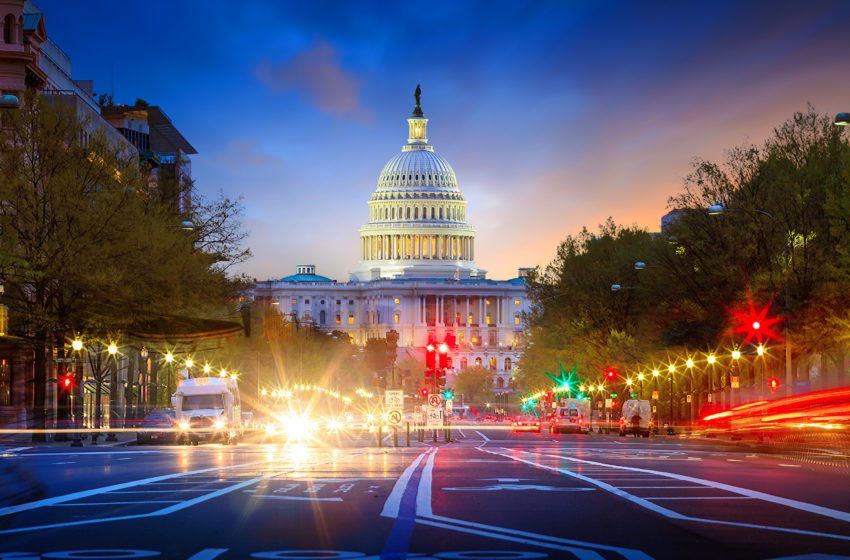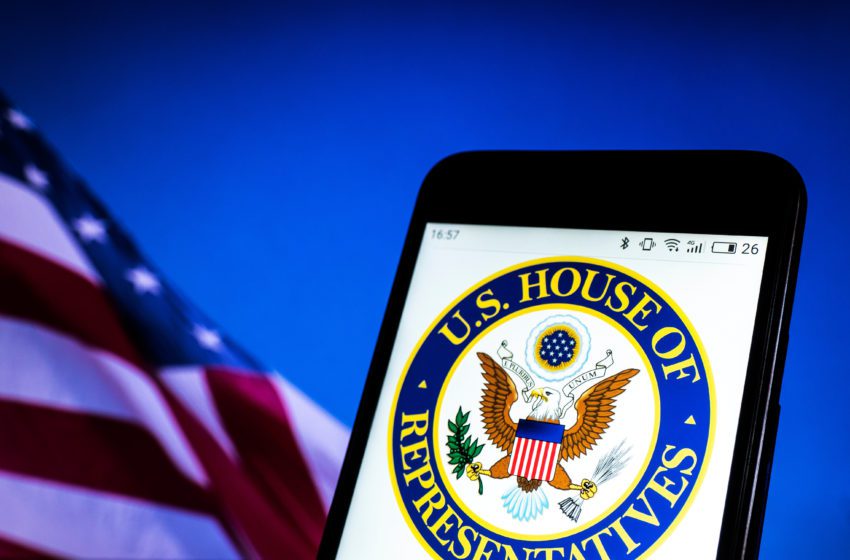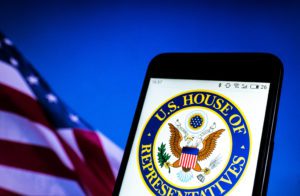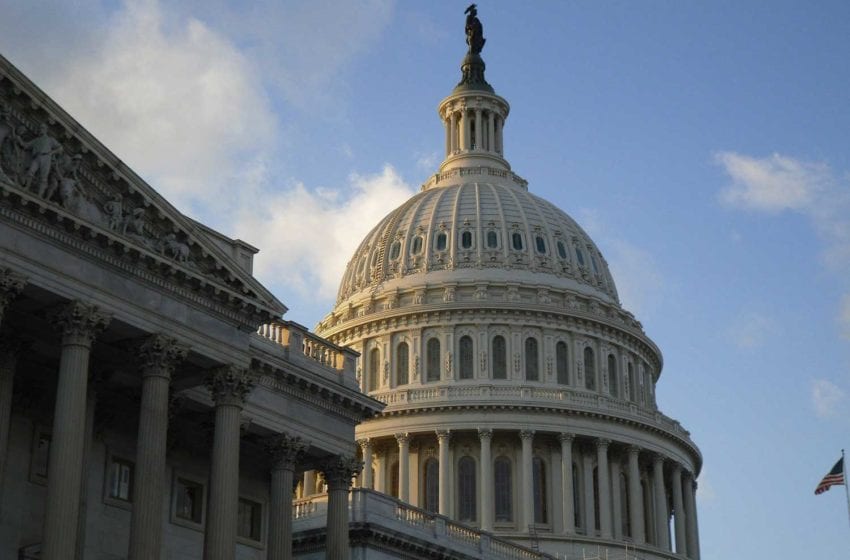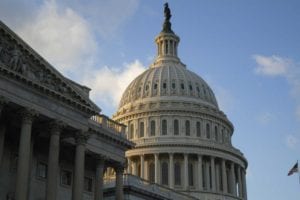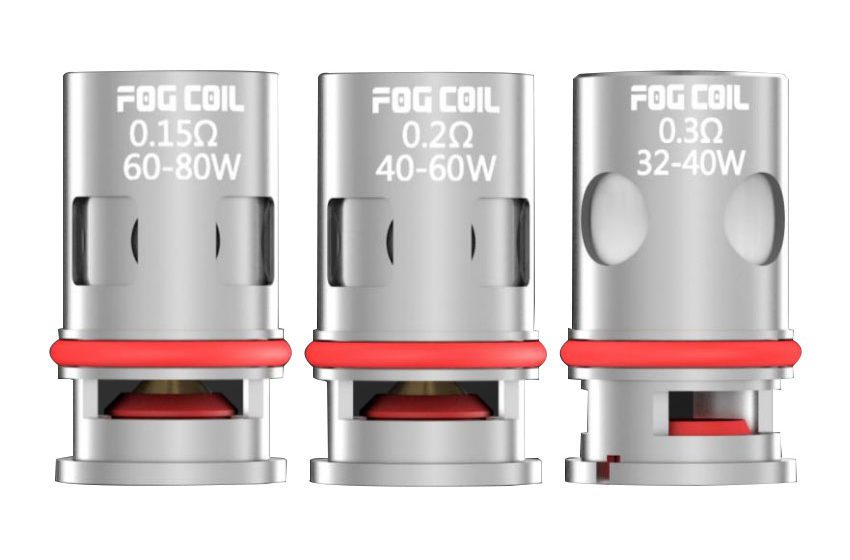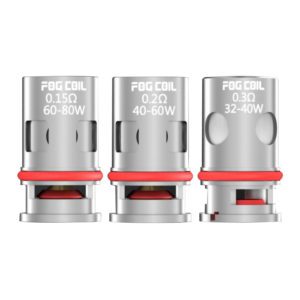Synthetic nicotine will now require U.S. Food and Drug Administration marketing approval. The U.S. Senate approved a $1.5 trillion legislation by a 68-31 bipartisan margin that includes language that changes the definition of a tobacco product to include synthetic nicotine. The Senate sent Biden the omnibus appropriations bill, and a separate bill financing agencies through Tuesday in case it takes time to complete the required reprinting and proofreading of the lengthy omnibus measure. Biden has said he will sign the bill into law.
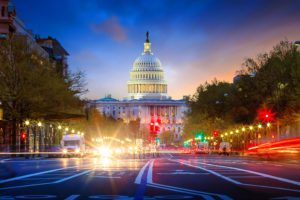
“We thank leaders in the House and Senate for their partnership in getting this bill done, and the President looks forward to signing it into law,” wrote White House spokesperson Jen Psaki in an email. “The bipartisan funding bill proves once more that members of both parties can come together to deliver results for the American people.”
The rule will become law 30 days after the bill’s passage date. Manufacturers of currently marketed synthetic products would have an additional 60 days to file a premarket tobacco product application (PMTA) without being subject to FDA enforcement—unless the FDA has already denied a non-synthetic version of the same product (meaning those manufacturers would be subject to enforcement 30 days after the passage of the bill).
The language of the Tobacco Control Act would change to define a tobacco product as “any product made or derived from tobacco, or containing nicotine from any source, that is intended for human consumption,” when Biden signs the bill into law.
Synthetic nicotine—nicotine that is made in a lab rather than derived from tobacco—has long existed in a legal grey area, and many companies started using it after their natural nicotine products were denied market access by the FDA. Public health groups have been warning that synthetic nicotine e-cigarettes, such as Puff Bar, have grown in popularity among teens while skirting FDA oversight.
The House passed the bill late last night. Leaders in both parties have declared the legislation a win. Democrats boast of the almost 7 percent increase they secured for non-defense agencies, increasing that funding to $730 billion. Top Republicans tout the $782 billion they locked in for national defense, a 6 percent hike from current spending, according to Politico.
Proponents of the policy change refer to it as closing a loophole. Meanwhile critics of the rider contend that, given the well documented flaws and deficiencies in the FDA approval process, the budget rider will likely result in the prohibition of products that former smokers have used to quit smoking and stay off cigarettes. Vaping advocates have been working on overdrive the last three days trying to get the nicotine rule removed form the bill.
Amanda Wheeler, president of American Vapor Manufacturers association, said the of banning synthetic products is going to drive millions back to combustible cigarettes.
“At a time when FDA is under scrutiny from multiple federal courts for unlawful regulatory overreach on nicotine, handing the agency even more powers to prevent Americans from switching to vaping is like handing car keys and a bottle opener to your drunk uncle,” she said. “It’s already lunatic that FDA is prohibiting adult American smokers from switching to vaping but this legislation is so absurd that it will extend FDA’s reach to products that have no actual, physical connection to tobacco whatsoever.
“This bill ought to be called the Cigarette Protection Act, because the indisputable outcome will be countless more Americans pushed away from nicotine vaping and back into combustible smoking.”

